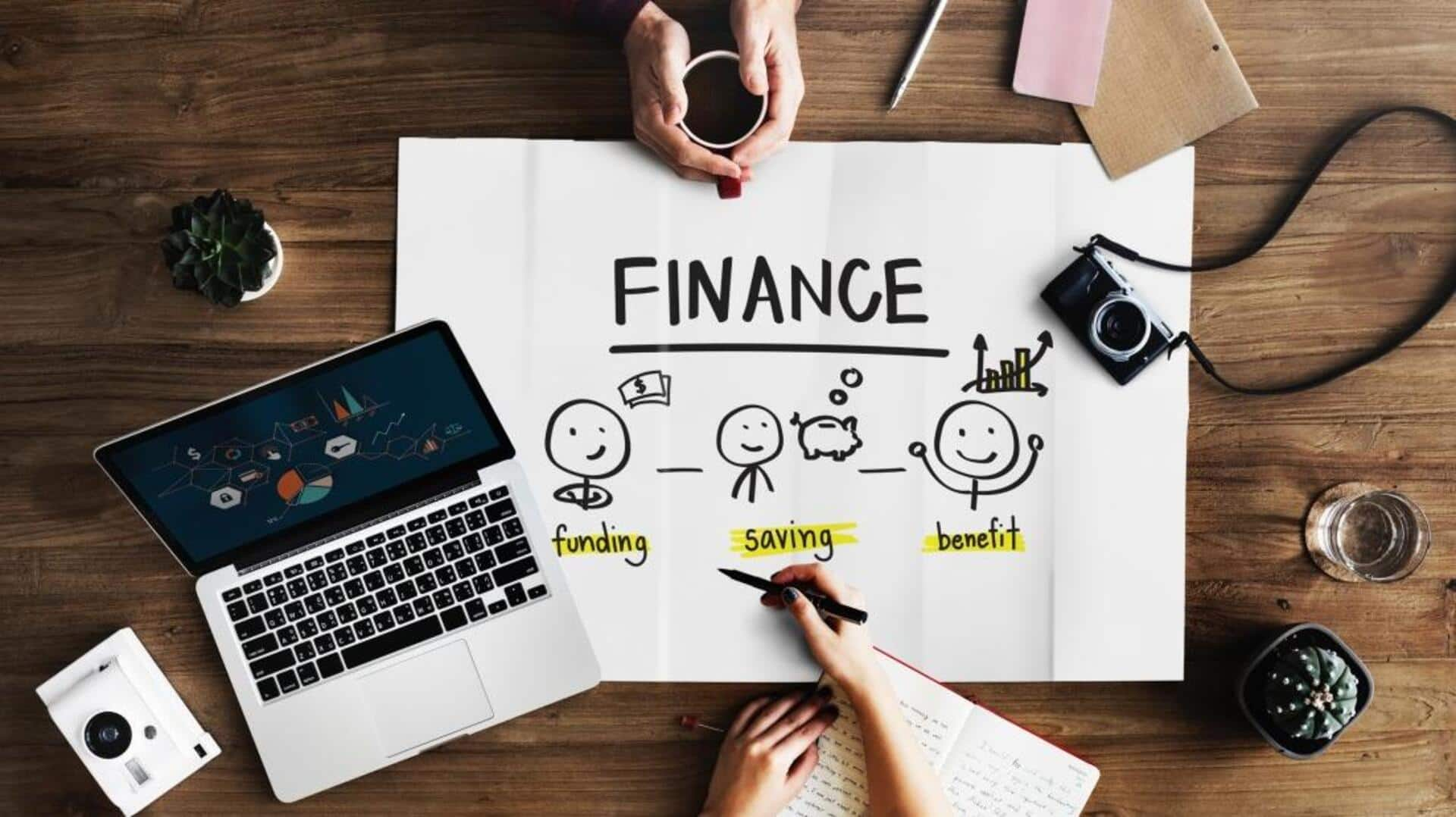
How to manage your finances and stay stress-free
What's the story
Managing personal finances isn't easy, especially when unforeseen expenses hit you like a truck.
Prioritizing what you spend on and keeping a relaxed head are key to staying afloat financially.
By concentrating on smart spending habits and keeping your cool when it matters, you can deal with financial challenges better.
Here's how to manage personal finances by prioritizing your expenditures wisely and keeping stress at bay.
Budgeting
Create a realistic budget
A realistic budget is the foundation of smart financial management.
Start by listing all sources of income and fixed expenses such as rent or mortgage payments, utilities, and groceries.
Allocate funds for savings and discretionary spending, ensuring that total expenses do not exceed income.
Regularly review the budget to accommodate changes in income or expenses. Make adjustments as necessary to stay on track.
Needs vs wants
Differentiate needs from wants
Understanding the difference between needs and wants is imperative for prioritizing spending.
Needs are essential items required for daily living. Housing, food, and healthcare are a few examples of needs.
Wants are non-essential items that enhance lifestyle but are not necessary for survival.
By focusing on fulfilling needs first and limiting expenditure on wants, one can manage his/her finances more effectively.
Emergency fund
Build an emergency fund
An emergency fund serves as your financial safety net in case of unforeseen circumstances such as a medical emergency or job loss.
Try saving at least three to six months' worth of living expenses in an account that is easily accessible.
Contribute to this fund regularly until you reach your target amount, so you can enjoy peace of mind during unexpected events without going into debt.
Mindful spending
Practice mindful spending
Mindful spending is about being aware of what you're buying. It means questioning whether you need it and how it would affect your overall financial health.
Before you buy something, see if it fits into your long-term goals or if you can postpone it or skip it entirely.
Not only does this keep you from buying things on impulse, but it also makes you think before spending money.
Financial monitoring
Monitor financial progress regularly
Checking your financial progress regularly keeps you on track with your budgeting goals, while also flagging areas that need improvement at the earliest.
Check bank statements monthly, along with tracking tools like spreadsheets or apps designed exclusively for personal finance management purposes.
This way, you'll be able to spot discrepancies between planned vs. actual expenditures on time, and take corrective measures where necessary quickly without delay.